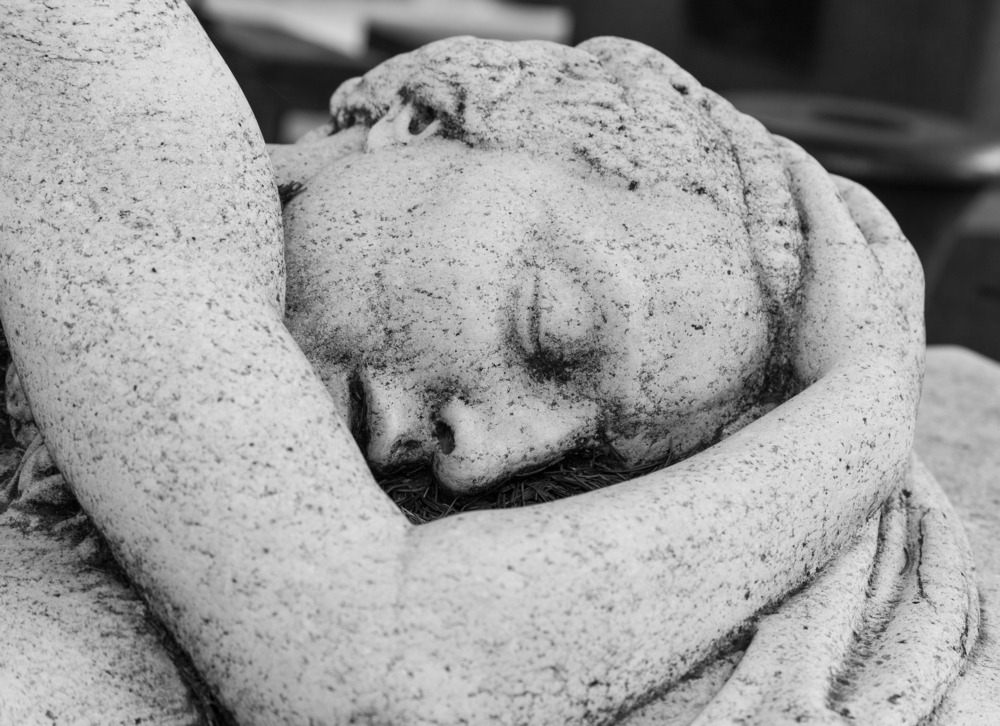What does getting a good night’s sleep have to do with what we believe? This author writes on how getting sleep – is not only counter-cultural, but a testimony to the creation story.
By Jill Carattini | Article from SliceofInfinity.org AUGUST 2015
The Christian Vision Project was an initiative that began three consecutive years with a question. The aim was to stir thought, creativity, and faithfulness within the Christian church around the subjects of culture, mission, and gospel. In 2006, project leaders asked a group of Christian thinkers how followers of Christ could be countercultural for the common good. Their answers ranged from becoming our own fiercest critics to experiencing life at the margins, from choosing wisely what to overlook and what to belabor to packing up and moving into the city.
But today one answer in particular comes to mind. To the question of counterculturalism for the common good, professor and author Lauren Winner proposed: More sleep. She quickly admitted the curious nature of her retort. “Surely one could come up with something more other-directed, more sacrificial, less self-serving,” she wrote. Still, she carefully reasoned through the forces of culture that insist we give up an hour of sleep here, or two hours there—the grinding schedules, the unnerving stock piles of e-mail in need of responses, the early-taught/early-learned push for more and more productivity. Thus, Winner concluded, “It’s not just that a countercultural embrace of sleep bears witness to values higher than ‘the cares of this world, the deceitfulness of riches, and the desire for other things.’ A night of good sleep—a week, or month, or year of good sleep—also testifies to the basic Christian story of Creation. We are creatures, with bodies that are finite and contingent.”(1) We are also bodies living within a culture generally terrified of aging, uncomfortable with death, and desperate for our accomplishments to distract us. “The unarguable demands that our bodies make for sleep are a good reminder that we are mere creatures,” Winner concludes. “[I]t is God and God alone who ‘neither slumbers nor sleeps.’”(2)
It is indeed a strange part of the Christian story, the countercultural proclamation that the distinction matters deeply—that our humanity’s particular condition is as vital to who we are as God’s identity is to God. In fact the most momentous part of the Christian story—Christ has died, Christ has risen, Christ will come again—is often confessed liturgically beside the humble beginnings of creatureliness. The ashes of Ash Wednesday starkly remind us of the dust we came from and the dust to which we will return—as Christ’s own. Foreheads are marked with a bold and ashen cross of dust, recalling both our history and our future, invoking repentance, inciting stares. Marked with his cross, we are Christ’s: pilgrims on a journey that proclaims death and suffering, life and resurrection all at once. The journey through the light and darkness of Christ’s life is for those made in dust who will return to dust, those willing to trace the breath that began all of life to the place where Christ breathed his last. It is a journey that expends everything within us. To pick up the cross and follow him is to be reminded at every step that we are mere creatures, and he has come near our humanity to show us what that word originally meant.
To be sure, there are times when we may feel like the disciples in the garden of Gethsemane, weary with sorrow, our own eyes heavy with sleep. Current world events and worn-out cries of anguish only deepen this wearied exhaustion. Arguably, this innate instinct is fitting. “[T]o sleep, long and soundly,” says Winner, “is to place our trust not in our own strength and hard work, but in him without whom we labor in vain.”(3) We cannot carry all that Christ carried anymore than we can carry the sorrows we now see all around us. Yet, where we are quite prone to exchange sound and trusting sleep for fretful slumber, helpless sorrow, or apathetic fatigue, Christ emerges through his own weariness to wake us. “Are you still sleeping and taking your rest? See, the hour is at hand.”(4)
The way toward the cross is one that will show both the Christian and a world of contrasting beliefs that we are all finite, fragile creatures in need of a guide, in need of sleep, in need of one who can bear far more than we are able. The cross will also show that the one we desperately need truly exists. While his friends slept, Jesus stepped closer toward betrayal and agony, going all the way to his death, so that one day he could wake us for good: “Wake up, O sleeper, rise from the dead, and Christ will shine on you!”(5)
♦
Jill Carattini is managing editor of A Slice of Infinity at Ravi Zacharias International Ministries in Atlanta, Georgia.
(1) Lauren Winner, Books & Culture, January/February 2006, Vol. 12, No. 1, Page 7.
(2) Ibid.
(3) Ibid.
(4) Matthew 26:45.
(5) Ephesians 5:14.
“A Slice of Infinity” is aimed at reaching into the culture with words of challenge, truth, and hope. So often we’re presented with rather disconcerting options when dealing with matters of great importance such as truth, good and evil, and the meaning of life. Many people today find themselves wanting something to hold onto, but do not know who or what to believe. We understand the confusion and cynicism that are so much a part of our world, and recognize the longings of the human heart. By stirring the imagination and engaging the mind, we want to share the beauty and truthfulness of the Gospel of Jesus Christ. “A Slice of Infinity” is essentially our gift and invitation to you, that you might further examine your beliefs, your culture, and the unique message of Jesus Christ.
Subscribe to A Slice of Infinity at: http://rzim.org/a-slice-of-infinity


